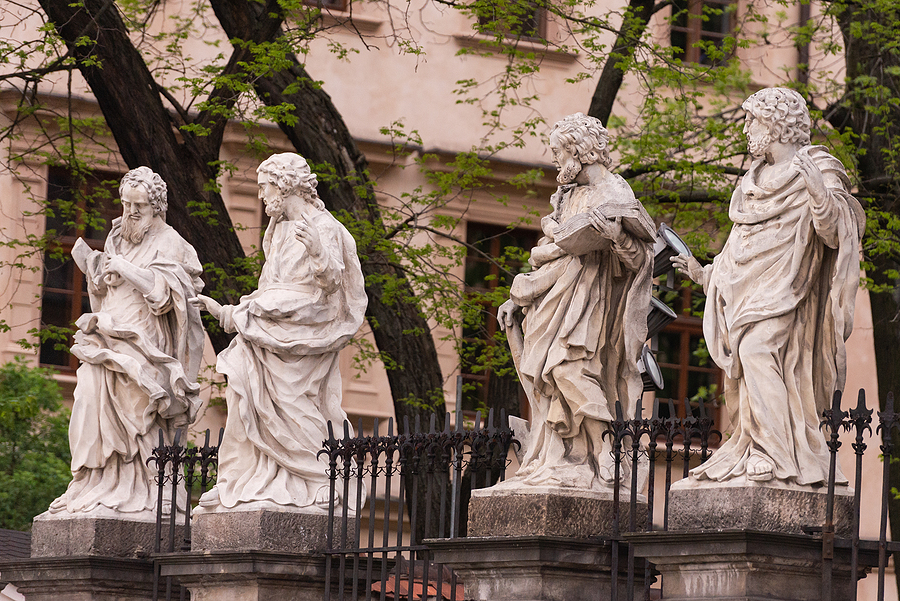
Is Discipleship Enough?
Is Discipleship Enough?
When it comes to church revitalization, discipleship pathway systems are touted as the answer. These systems are supposed to produce disciples such as growth and thus enable churches to fulfill the Great Commission. But is discipleship enough?
In fact, I can’t help but wonder if this approach to church revitalization is short-sighted. Perhaps even problematic.
Apostleship As Training
Let’s start with the first problem. Jesus didn’t call The Twelve or The Seventy-Two or any of the others for them to be mere followers. Followership was simply the first stage in their spiritual development. Apostleship was the ultimate goal of their training.
During the three years The Twelve spent with Jesus, they observed how he thought and how he prayed. The Twelve watched how he taught and soaked up what he believed. Moreover, they watched him engage paralyzed, hurting, desperate people and they noted the way he interacted with others. After Jesus was finished interacting with others, The Twelve listened to the way he phrased things. They were privy to his miracles and glimpsed his inner relationship with God.
But they didn’t stop there. Jesus transferred his spiritual authority, agency, and accountability to them. They were to speak, act, and heal on behalf of him, and of the Kingdom. Each of these men and women were to be active agents, stewards, of the Kingdom dream.
What’s striking to me is that Jesus never hoarded his power. He freely taught others how to exercise it. After they mastered the kinds of things Jesus had done, The Twelve, The Seventy-Two and likely countless others, surpassed what Jesus had done. Not only did they heal, preach, and proclaim the Kingdom, they gathered thousands of followers, set up communities in far-flung places, and oversaw the development of structures that allowed the church to grow and expand throughout the known world.
Discipleship Pathway Systems
That’s where we get to the second problem with discipleship pathway systems. We’re not going to be any good at making the sort of disciples Jesus made until we are decidedly better at making the kind of apostles Jesus made. After all, it is apostles who make disciples, not other disciples. You can see this shift in the Great Commission. Jesus commanding the disciples to “Go therefore into all the world,” signaled the ontological change in their status. From this moment on, they were no longer followers. Their sending signaled they now functioned as apostles.
Yet in the church, we do not teach people, even our leaders, how to be apostolic: stewards of the dream, agents of change. We do not teach people that they are co-creators with God. That their words have creative, divine power. That they are more Christ-like than they know. Instead we teach people to give God all the glory. I’m not sure if God wants all the glory. Nor does Jesus. The way I read the New Testament, Jesus expects us to surpass him, to do even greater things than he did. The only way to do that is to own our God-given agency and our authority. Settling for discipleship without apostleship undercuts the ultimate meta message of the Gospels.
So before we get too invested in discipleship pathways, we would do well to build apostleship pathways, too. Interested in knowing more about how to do that?
In my work with Creating a Culture of Renewal, I’ve discovered that apostleship starts with Kingdom-oriented dreams.
When church leaders know how to dream like Jesus, align others to the dream, and realize the dream, then the dream can expand and draw others to it. Now there’s a discipleship pathway system.
Adapted from Dream Like Jesus: Deepen Your Faith and Bring the Impossible to Life © 2019
Copyright © 2021 rebekahsimonpeter.com, All Rights Reserved.





